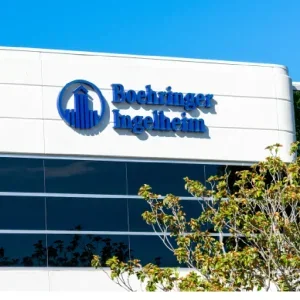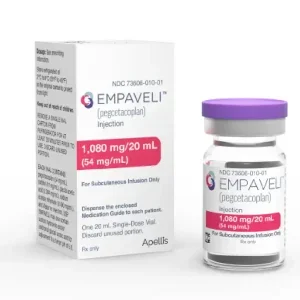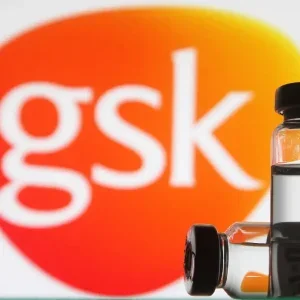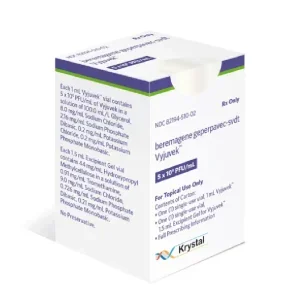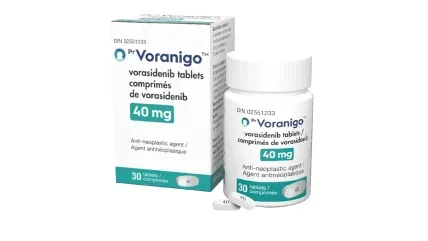
Canadian pharmaceutical company Servier Canada has received Health Canada approval for Voranigo (vorasidenib tablets) to treat a type of brain cancer in adults and children.
Voranigo is indicated for the treatment of Grade 2 isocitrate dehydrogenase (IDH)-mutant glioma in adults and paediatric patients aged 12 years and older, following surgery.
The drug provides a convenient once-daily oral treatment option for glioma patients, allowing them to actively manage their disease.
The company also announced the commercial launch of Voranigo in Canada, the second country to authorise the drug, after the US.
Servier Canada general manager Lucie Rousseau said: “Patients living with Grade 2 IDH-mutant gliomas must contend with a grim prognosis that has few options outside of surgery.
“This is a devastating diagnosis, particularly for individuals in their 30s and 40s who are often raising families and at the peak of their careers.
“Voranigo offers these patients and their families hope. As we continue to develop targeted therapies, identifying specific mutations and understanding their role in cancer progression is critical to ensuring that patients receive the right treatment at the right time.
“We are proud to be leading the way in IDH-mutant glioma therapy and remain dedicated to supporting the Canadian brain cancer community.”
Health Canada approved Voranigo based on results from the Phase 3 INDIGO clinical trial, led by Dr Ingo K Mellinghoff at Memorial Sloan-Kettering Cancer Centre.
In the Phase 3 study, Voranigo showed a significant improvement in progression-free survival (PFS) and time to next intervention (TTNI) compared to placebo.
The PFS is a major efficacy outcome and TTNI is the key secondary endpoint, as measured by a blinded independent review committee (BIRC) at the prespecified second interim analysis.
The study showed that Voranigo was well-tolerated, consistent with earlier Phase 1 trials, with the most common side effects being increased liver enzymes, fatigue, and diarrhoea.
Sunnybrook Health Sciences Centre neuro-oncologist Mary Jane Lim-Fat said: “This therapy represents a significant advancement in the treatment of Grade 2 IDH-mutant glioma.
“Slowing tumour progression and delaying the emergence of high-grade disease are key goals in glioma treatment, and this therapy helps to address those challenges.”
Earlier this year, Servier secured the US Food and Drug Administration (FDA) approval for Voranigo to treat patients with certain isocitrate dehydrogenase (IDH)-mutated glioma.


